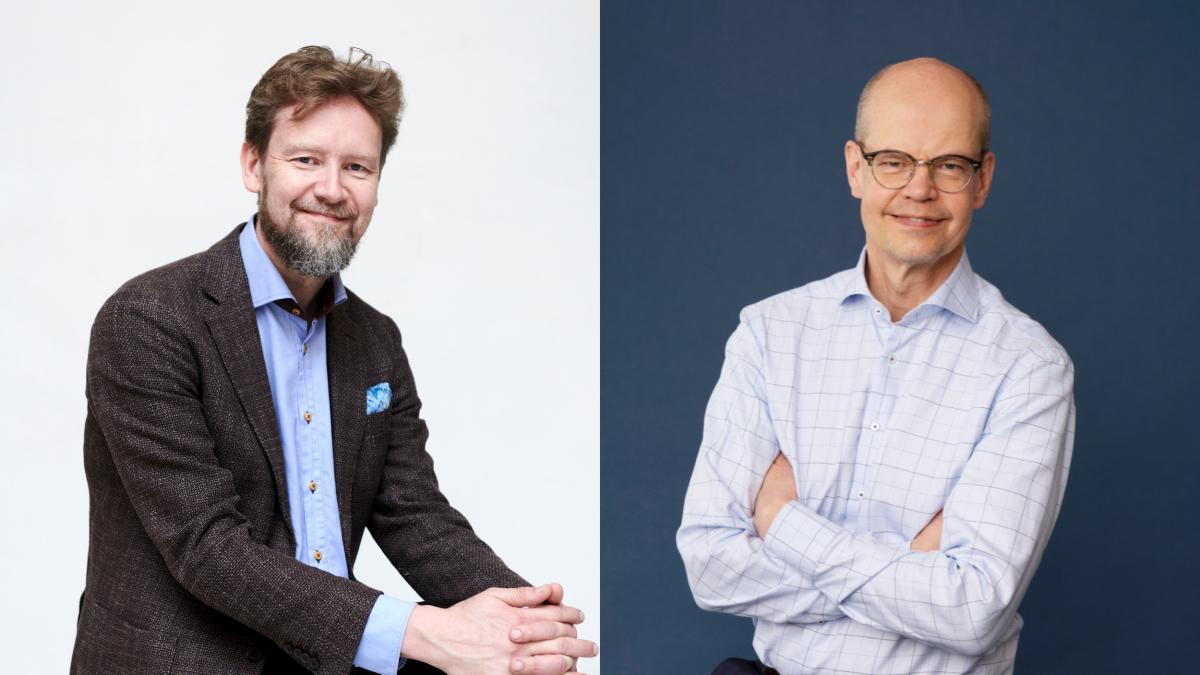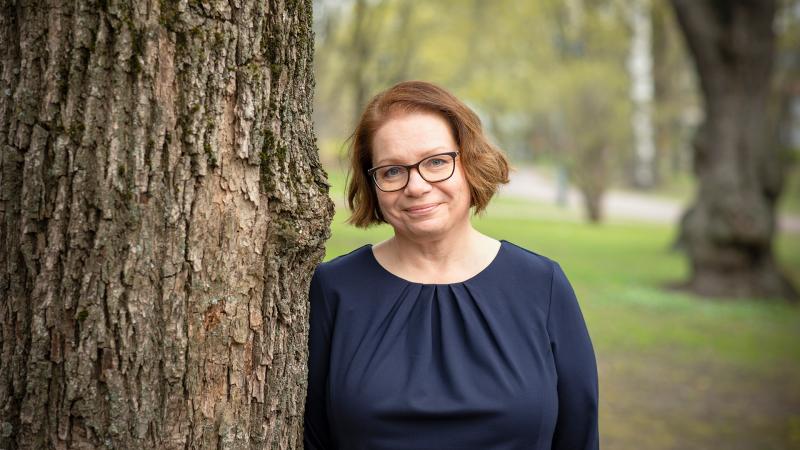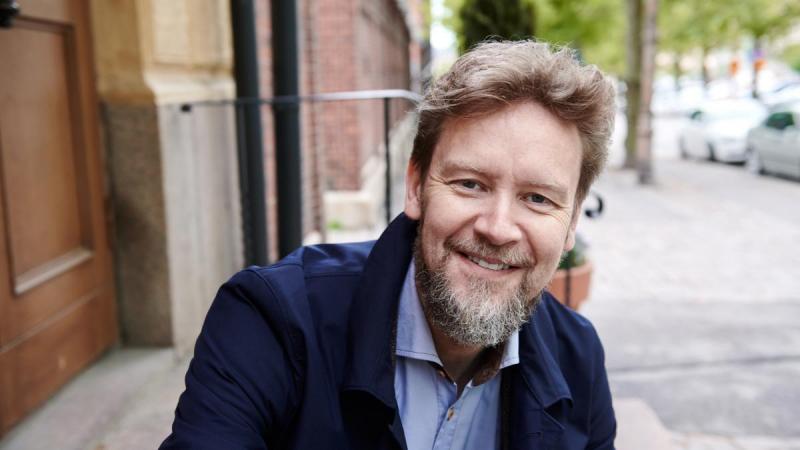Improving the level of education isn’t a sufficient goal for Finland
We need to be able to look at the world from perspectives that are new to us. This can’t be done by investing solely in knowledge-based learning.

Finland’s reputation as the top country for education has taken a knock. The share of young adults with a degree from a higher education institution has decreased and is no longer higher than the average for OECD countries. Our Pisa test results have gone down for over fifteen years, and the differences in learning results have grown between pupils. Something needs to change if we hope to regain our place at the top of the education rankings.
However, when we define new learning goals, we can’t only focus on the above-mentioned indicators – we need to look at the bigger picture and the kind of learning that will lead to positive development in the future. We didn’t achieve good Pisa results by striving for good Pisa results but by supporting children’s and teenagers’ growth as humans and responsible members of the community. So what does being human mean in this day and age and in the future, and what is our relationship with the surrounding world?
Complex global challenges force us to change the way we perceive the world in a fundamental way. It’s not possible to tackle the existing crises with the same values and thinking patterns that have led to the problems in the first place. Our relationship with nature, to each other and to ourselves requires a reset and a rebuilding of our view of the reality.
It’s not enough that we raise knowledge-based competence, if we are simultaneously steered by thinking patterns that have become detrimental. Solving global problems requires learning that forces us to abandon our familiar thoughts and go beyond the boundaries of knowledge. We must examine our ways of thinking with a critical eye and dare to surrender to the state of not-knowing where we’re willing to look at the world from new angles.
The thing is, our ability to have alternative points of view is under test in the time that we’re living in. We have trouble working together as people and nations, because we form our opinions of the world based on different realities. We don’t agree on even the validity of ideas produced by science. In the post-truth age, it’s permissible to pick out only the research data that serves our own interests. We have difficulties disagreeing in a constructive way, because we lack a shared basis to build our disagreement on.
Then we’re left with polarisation: it’s much easier to point out where the other party is wrong than to imagine an alternative where things are different. Instead of this juxtaposition, we should update our collective view of the world.
Updating our collective world view doesn’t happen on its own as we acquire new information. In fact, we humans have an excellent ability to resist information that doesn’t support our established notions – after all, it took over a hundred years for people to finally accept the heliocentric worldview developed by Nicolaus Copernicus and Galileo Galilei. That’s why even the best research reports on the state of the world alone won’t guarantee a change.
Our innate need for change arises only when we process the information through an experience and when it evokes emotional reactions in us. To make this change possible, we need to add the comprehensiveness and the experiential aspect of making and experiencing art into the mix together with the scientific knowing of things.
We expect education and research to provide the solutions to crises that threaten our future. It’s not enough, however, to aim at better learning results and better level of education if we can’t change the thinking patterns that initially led to the problems. For that reason, in order to make learning sustainable in the long run, we must promote the kinds of skills and abilities that help us reframe our way of looking at the world and spark our motivation to act differently.
We need an equal dialogue between the arts and research and between the different ways of experiencing and knowing so that we can reconnect with each other and nature. Growth as humans and as responsible members of the community requires a shake-up of our thinking and operating patterns, improvement of our sense of empathy, and adoption of a creative, experiential mindset. The need to learn these skills concerns not only children and teenagers but adults, too. Perhaps especially us adults.
Olli-Pekka Heinonen and Kaarlo Hildén
Heinonen is the director general of the International Baccalaureate Organization and Hildén is the rector of Uniarts Helsinki.
The text was originally published as a guest column on Helsingin Sanomat. With the parliamentary elections coming up in Finland in the spring 2023, Uniarts Helsinki will publish a series of opinions dealing with art and the society.

